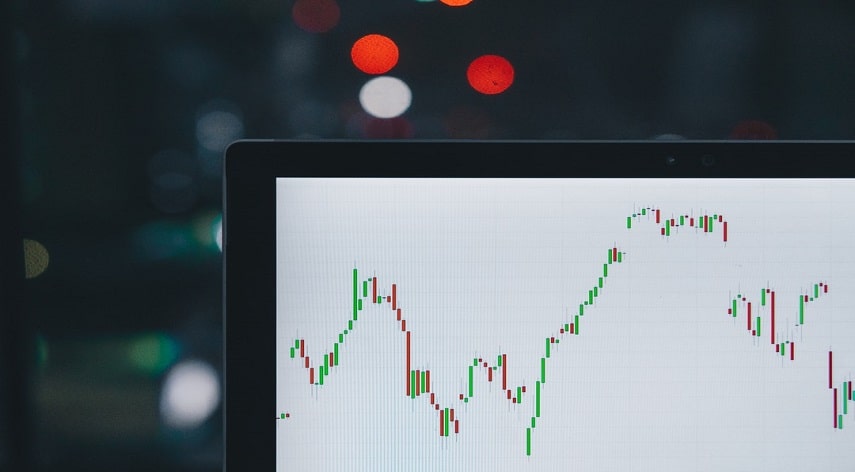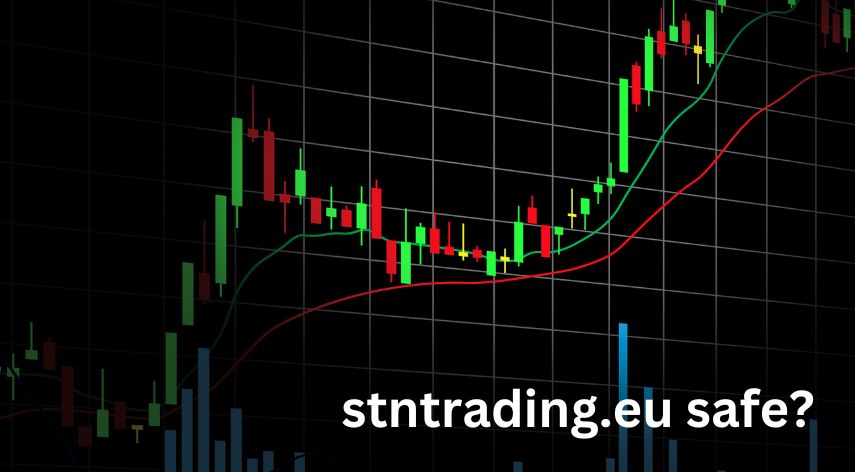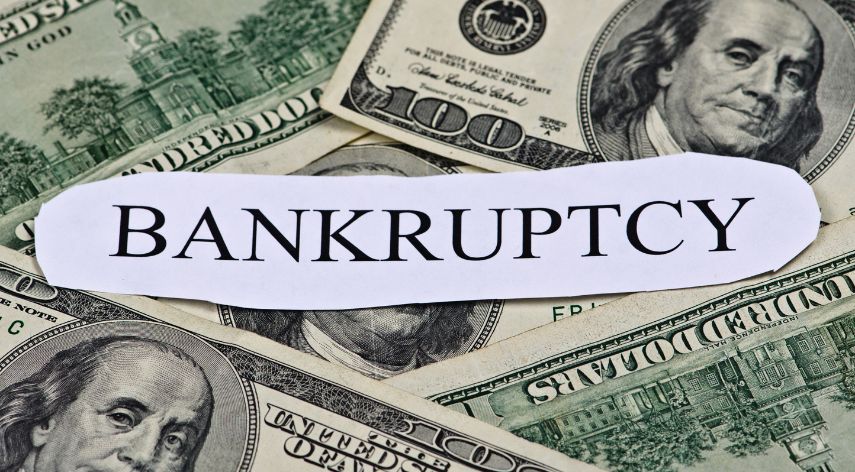Futures vs Forex: What’s the Difference?

Are you interested in trading but confused about the differences between futures vs forex? Don’t worry, you’re not alone! Both markets can be exciting and profitable, but it’s important to understand their unique characteristics.
In this blog post, we’ll break down the key differences between these two popular trading options so you can make a smart decision on which one is right for you. So buckle up and get ready to learn!
Table of Contents
ToggleWhat Is a Futures Market?
A futures market is an organized market where contracts for future delivery of a commodity or security are traded. Futures markets exist for a wide range of commodities, including agricultural products, metals, energies, and financial instruments.
Futures contracts are standardized agreements that call for the delivery of a certain quantity of a commodity or security at a specific price and date.
The buyer of a futures contract agrees to purchase the underlying asset, and the seller agrees to sell it, at the specified price. Because futures contracts are standardized, they can be easily traded on futures exchanges.
The prices of futures contracts are determined by supply and demand in the marketplace.
What Is Forex Trading?
Forex trading is the act of buying and selling foreign currencies to make a profit. The foreign exchange market is the largest financial market in the world, with a daily turnover of over $5 trillion.
Forex trading is a speculative activity, which means that you’re betting on the future value of currency pairs. For example, if you think that the US dollar will increase in value against the euro, you would buy USD/EUR currency pair.
If your prediction turns out to be correct, you will make a profit. However, if your prediction is wrong, you will incur a loss.
Leverage
When trading forex, you are always trading two currencies simultaneously. For example, if you buy EUR/USD, you are buying Euros and selling US dollars. In contrast, with a futures contract, you are either buying or selling a single currency.
It is important to note that when you buy a futures contract, you are not exchanging any currency. Rather, you are speculating on the future exchange rate of the currency.
Contract Size
The contract size is the amount of the underlying asset that is traded per Futures contract. For most commodities, the standard contract size is 1,000 units of the underlying asset.
However, there are some exceptions to this rule. For example, the standard contract size for Gold Futures is 100 troy ounces. The contract size for Forex contracts is usually 100,000 units of the base currency.
Settlement
In finance, a settlement is the process of verifying and exchanging traded securities between counterparties. For many markets, this process happens electronically and takes place on the trade date.
With Forex, however, settlements usually take two business days to complete due to time zone differences. This means that if you buy EUR/USD on Monday, the transaction will be settled on Wednesday.
If you sell EUR/USD on Monday, the transaction will be settled on Friday.
Availability of Data
The availability of data on the forex market is, therefore, extremely high. There are several ways to access this data. The most common method is through forex brokers, who provide their clients with real-time quotes and news feeds.
Several websites offer free real-time quotes, though these tend to be less reliable than those from brokers.
There are several commercial providers of forex data, such as Bloomberg or Reuters. These firms offer both real-time and historical data, though their services come at a price.
You can also utilize the best terminal for online stock trading, like robomarkets.com. Any costs you incur when utilizing a payment mechanism to deposit money are covered by RoboMarkets, which is a healthy platform for traders like you.
Liquidity
When trading futures, you are looking at the underlying asset itself. When you trade forex, you are trading a currency pair. The value of the currency is based on how it is performing against another currency.
For example, if the EUR/USD is trading at 1.20, that means that one euro is worth 1.20 US dollars. If the EUR/USD moves to 1.21, that means that the euro has gained value against the dollar.
The main difference between forex and futures is in the liquidity of the two markets. Futures contracts are traded on exchanges and are regulated by governments.
Volatility
When trading forex, you are dealing with currency pairs, so volatility refers to how much one currency moves about another. For example, if the EUR/USD exchange rate is 1.20 and it moves to 1.21, that is a small movement.
However, if it then falls to 1.19, that is a big movement. The amount of volatility in the forex market varies from day to day and depends on what is happening in the world at any given time.
Political and economic events can all cause increases in volatility.
Pricing Structure
When it comes to pricing, forex is a bit different than futures. There is no centralized exchange for forex. This means that there are no exchange fees or commissions. Instead, each broker has spreads that they charge.
These can be fixed or variable, and will generally be tighter for major currency pairs. Forex is typically quoted in terms of pips. A pip is the smallest unit of price movement for a currency pair and is typically equal to 1/100th of a percent.
For example, if the EUR/USD moves from 1.2500 to 1.2501, that would be a one-pip move. Prices are usually quoted to four decimal places, so a move from 1.2500 to 1.2501 would be called a “four-point” move.
Tax Implications
For starters, forex gains and losses are treated as capital gains or losses for tax purposes. This means that they are subject to the same tax rules as other capital assets, such as stocks and bonds.
Futures gains and losses, on the other hand, are treated as 60% long-term capital gains and 40% short-term capital gains. Another key difference is that forex traders can choose to be taxed under the Section 988 taxation regime.
Learn the Difference Between Futures vs Forex Today
Futures vs forex trading both offer unique advantages for traders, but each type of market also has its own set of risks.
Understanding the difference between futures and forex can help you decide which kind of market is right for your investment strategy.
Both markets provide lucrative opportunities to make money, so you must take the time to understand all aspects before deciding which one is best suited for your goals.
Did you find this article helpful? Check out the rest of our blogs!
Biplab Chakraborty is a dynamic Digital Marketing specialist with a passion for driving online success. With a keen understanding of market trends and a strategic approach, he excels in creating impactful digital campaigns. Biplab is dedicated to maximizing brand visibility and engagement through innovative digital strategies.
Recommended For You
Spread the loveIn the ever-expanding digital landscape, online trading platforms have become a staple for savvy consumers looking to explore
Spread the loveHave you heard about fiat-to-crypto exchange? One area that continually captures the attention of both seasoned investors and
Spread the loveMuch like any skill you master, financial stability sometimes requires a bit of practice. In the world of





